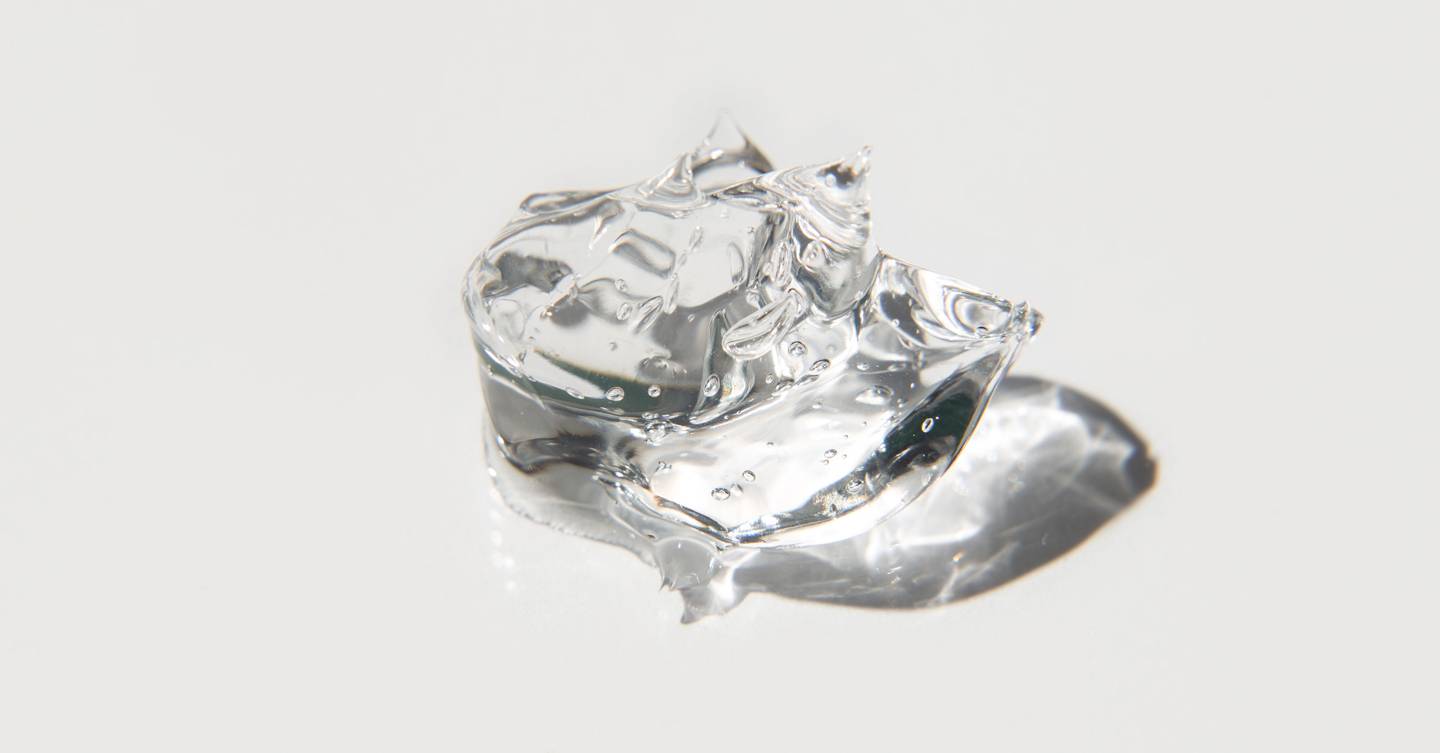Just when you think you’ve mastered the art of skincare acids, along comes another one to question everything you thought you knew. Alongside the most popular acids including glycolic acid, hyaluronic acid and salicylic acid, there are also the lesser known but none less effective options including mandelic acid and polyhydroxy acids that can be a better option for certain skin conditions.
Azelaic acid is somewhere in between. It’s a common enough ingredient that’s found in many mainstream skincare products. But there’s not as much of a spotlight on it as, say, hyaluronic acid, which means many of us are left confused as to what exactly it is, and why we should include it in our regimes. Here, we asked Dr Ifeoma Ejikeme MD MBChB MSc, founder & medical director of Adonia Medical Clinic and highly experienced aesthetic medicine doctor, to answer all our questions and clear up everything we need to know about azelaic acid.
What is azelaic acid?
Azelaic acid is a dicarboxylic acid that is produced from yeast within wheat and barley. When it comes to skincare products, however, azelaic acid is usually chemically engineered in a lab to ensure it’s stable and as effective as possible.
What are the benefits of azelaic acid?
According to Dr Ejikeme, azelaic acid is a more gentle exfoliant than other alpha hydroxy acids (AHAs), including glycolic, lactic and mandelic acids, which makes it a good choice for dry or sensitive skin. “It’s one of the few topicals that is safe to use during pregnancy and breastfeeding, allowing for women to continue treating their acne or rosacea which can flare during this period,” she explains.
AS well as its exfoliating benefits, azelaic acid has antibacterial and anti-inflammatory properties and it is also a tyrosinase inhibitor, which means it reduces melanin production within the skin.
What skin conditions could benefit from azelaic acid?
“Because of its antibacterial and anti-inflammatory properties, it’s useful in treating acne and rosacea,” advises Dr Ejikeme. “Plus, as a tyrosinase inhibitor, it can also be used to treat hyperpigmentation and dark spots.”
AS a gentle alternative to other acids, azelaic acid is the perfect choice for acne sufferers or anyone who experiences pigmentation who also has sensitive skin. However, because it is gentler, it may not be the best choice if you have severe acne and your dermatologist may recommend a stronger skincare acid or more potent topical treatment.
Can you use other skincare ingredients while using products containing azelaic acid?
With so many active ingredients being used in skincare formulas, as well as a multi-step skincare regime becoming ubiquitous, it’s never been so important to consider whether certain ingredients are safe to use in tandem with others. After all, mixing or layering the wrong ingredients could result in redness, irritation or peeling skin.
“Azelaic acid blends well with many other skin ingredients but it is exfoliating so take care if you are using other acids,” warns Dr Ejikeme. “To avoid over exfoliating the skin stick to one exfoliating ingredient and increase slowly unless advised differently by your doctor.”
“It’s also good to combine azelaic acid with other soothing and brightening ingredients like niacinamide or antioxidants,” she says, which is especially beneficial for anyone experiencing areas of hyperpigmentation.
While SPF should already be an integral part of our everyday skincare regime, Dr Ejikeme explains that it’s even more important to remember to apply it if you are using azelaic acid – or any skincare acid, for that matter.
“Although SPF should be part of every skincare routine, it is essential when using acids such as azelaic acid as the skin can be more sensitive to the sun.”
Are there any side effects?
Like any exfoliating ingredient, there is the chance that skin could become irritated or red. “When starting an acid, I usually recommend you go slow and only start one active at a time to prevent irritation to the skin,” recommends Dr Ejikeme. “However, of all the acids, azelaic acid is usually well tolerated with minimal side effects.”
Find out more about the different skincare acids and whether or not they’re right for your skin.
